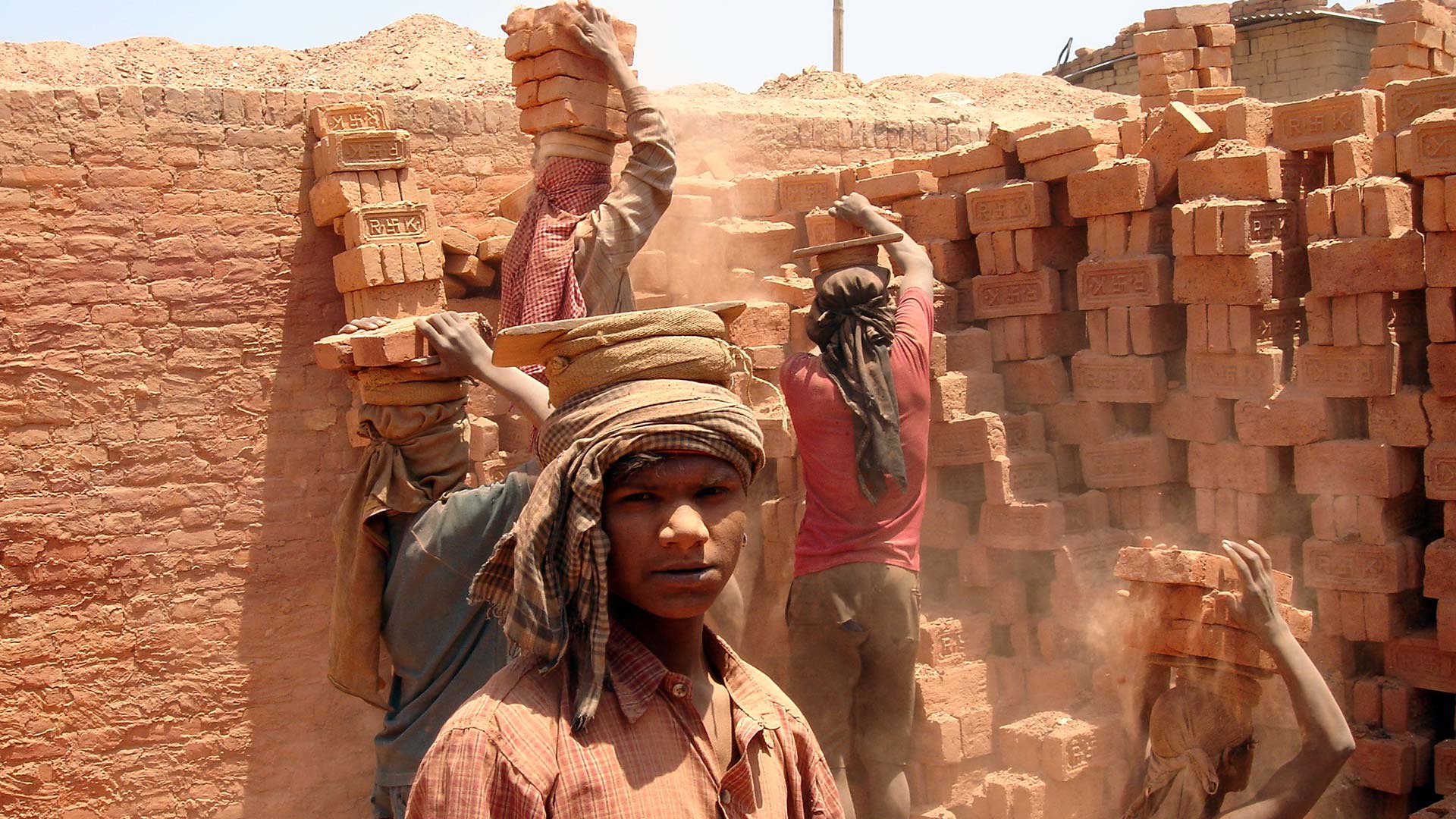Nestlé’s Creating Shared Value [CSV] activities in Côte d’Ivoire
The thesis builds on a consultancy report examining a water development project in Côte d’Ivoire, inter alia written by the author and his supervisors, Dr. Andreas Koestler and Dr. Urs Heierli. While generally attesting a good implementation and water quality at point of collection, the study hinted at problems with recontamination at point of use, and a lack of ownership and aspiration leading to insufficient maintenance and potential system failure.
To overcome the systemic weaknesses and make the project sustainable, the thesis proposes a realignment as social business. At its core, a network of water kiosks will sell treated water at a fair price. The pumps are motorized through solar panels, allowing to (partly) electrify the villages and making the entire system more aspirational. The water kiosks pay parts of their revenues to a newly introduced coordinating body, which in turn employs rotating pump mechanics and covers for maintenance and repair.
To ensure support for the new venture and safe water in general, the coordinating body furthermore ensures that partner organizations continue social mobilization efforts and develops social marketing strategies for the water kiosks. As a last piece, we propose that Nestlé itself becomes active and takes over the role of an industry facilitator, using its position and capabilities to reshape the legal and institutional framework and paving the way for entrepreneurial activities in the region.
The thesis examines the Creating Shared Value [CSV] approach (the reason Nestlé invested in the project in the first place) and argues that, in combination with developments and dynamics in the cocoa-chocolate value chain, it would be a sensible strategy for Nestlé to invest in a pilot validating the business model. At last, the most important budget lines, alternative (co-)funding options, and external risks for such a venture are discussed.

